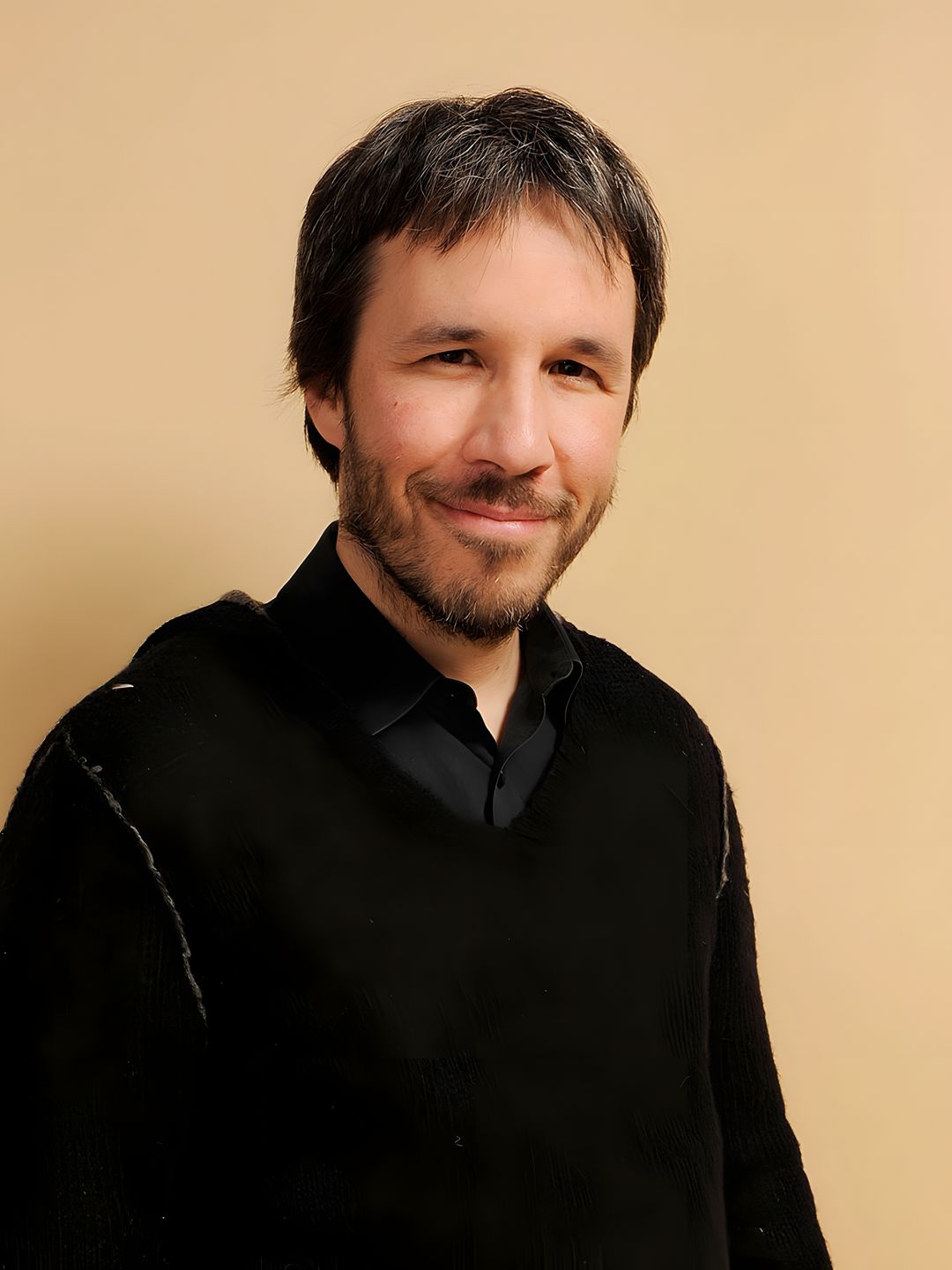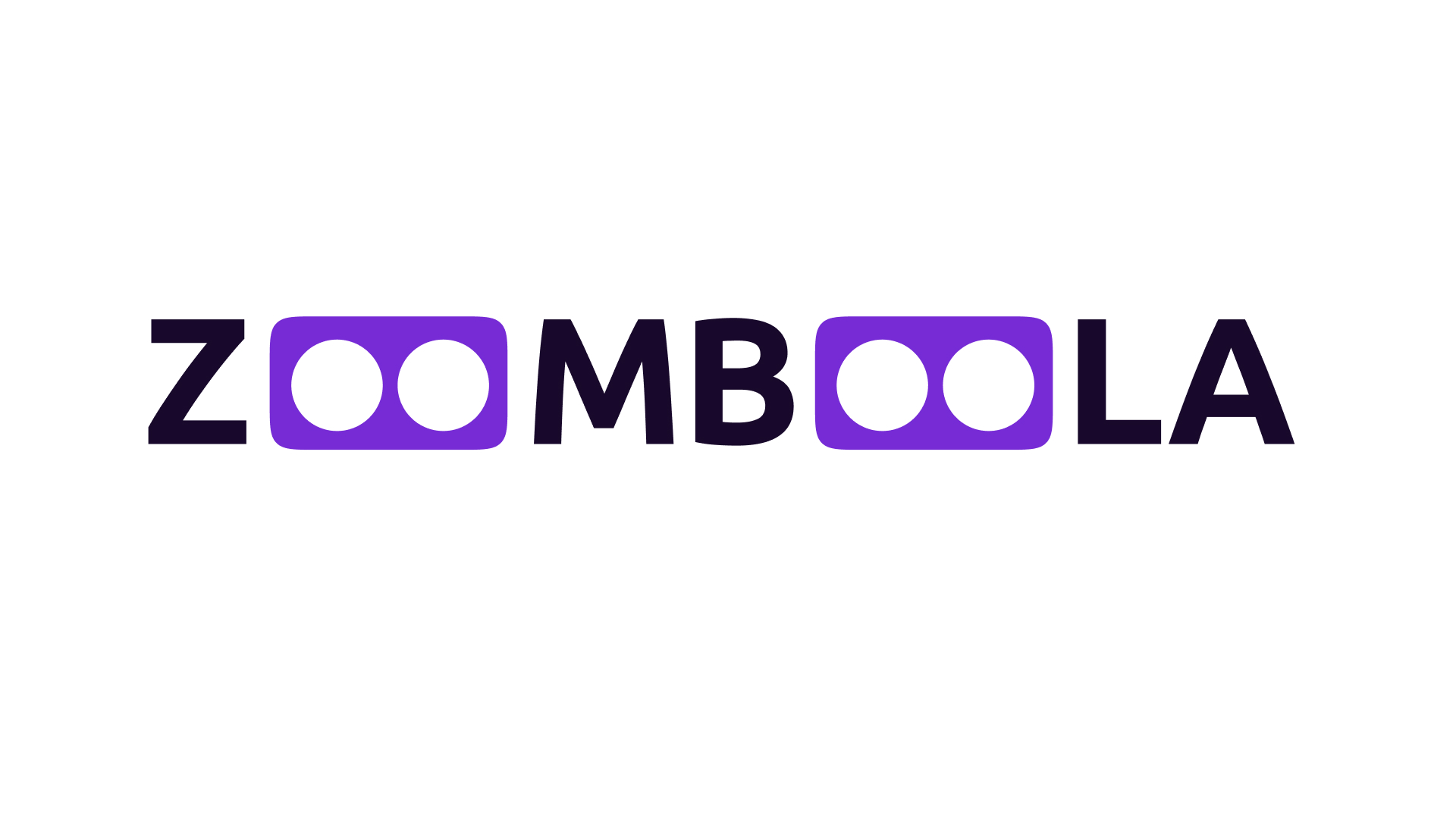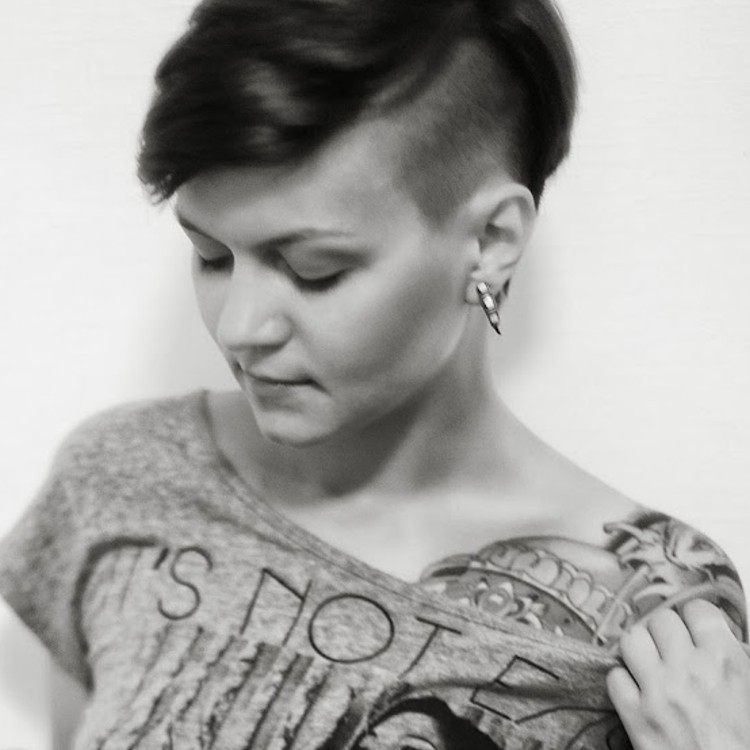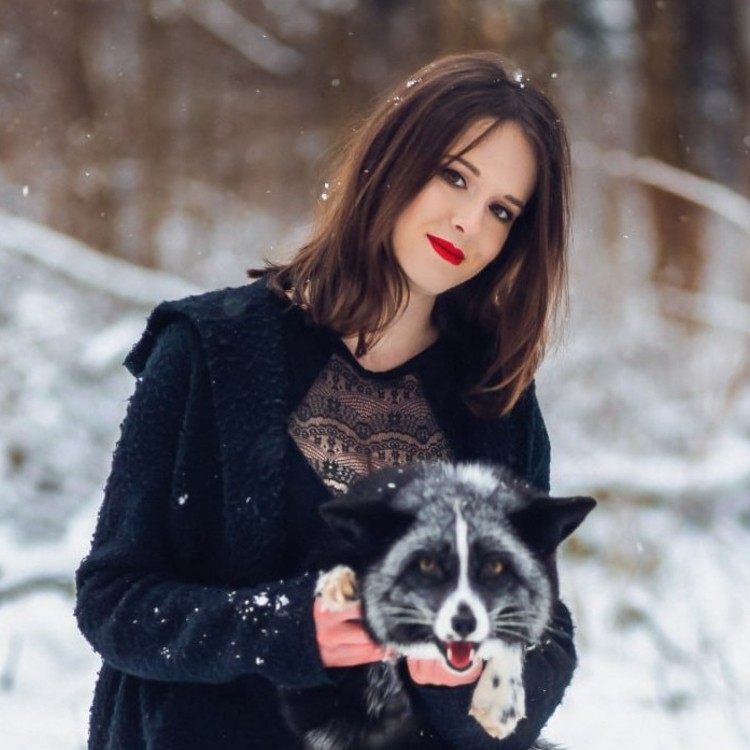Denis Villeneuve Biography
Denis Villeneuve is a celebrated director and screenwriter known for his work in thriller and science fiction genres. He's best recognized for films like "Arrival," "Blade Runner 2049," and "Dune."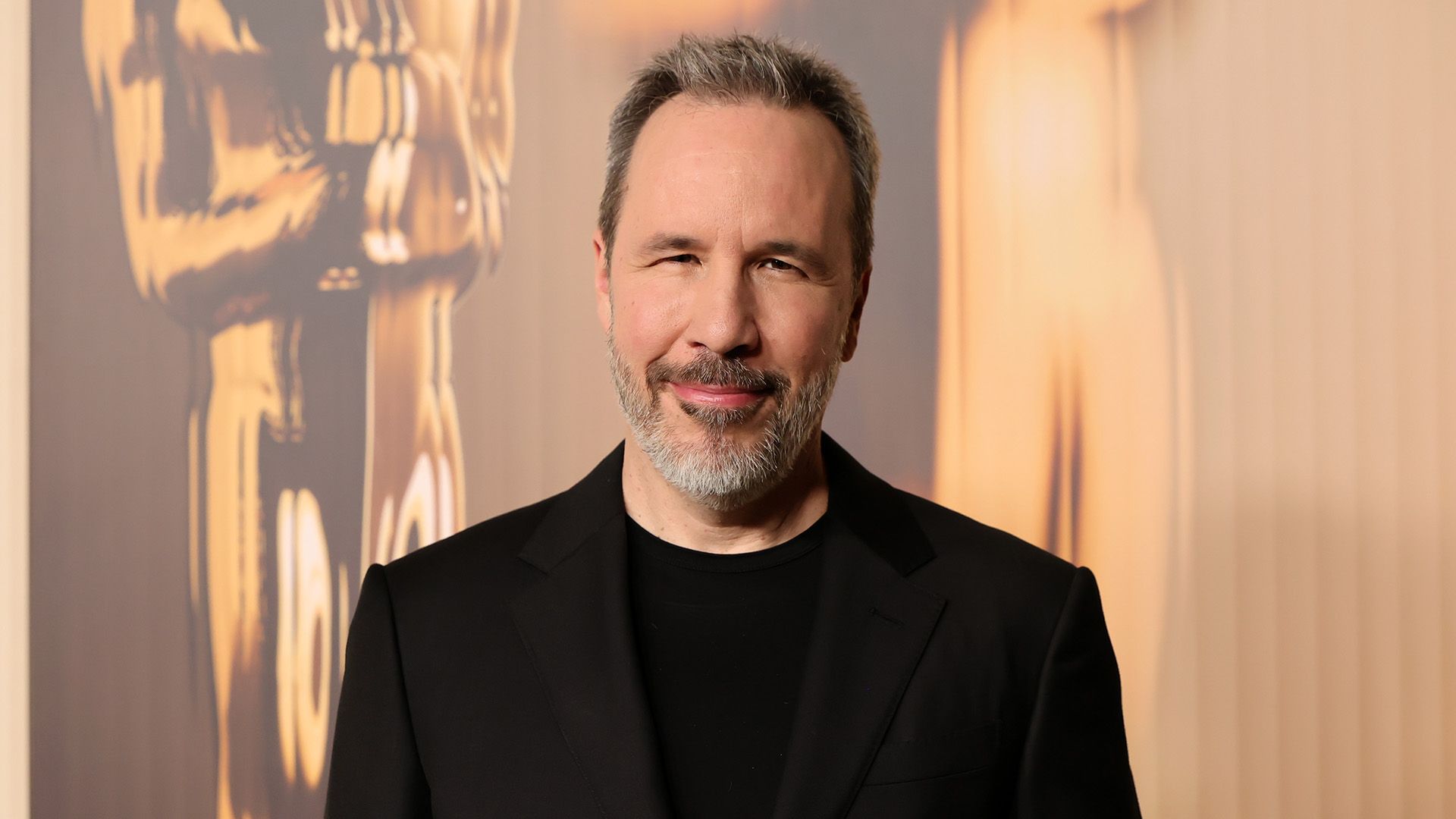
Childhood and Youth
Denis Villeneuve was born on October 3, 1967, in the Canadian commune of Gentilly in Quebec province. Villeneuve has shared that his hometown had two prominent structures – a nuclear power plant and a church. For him, these buildings became symbols of science and religion.Denis was the first child in the family. His mother was a homemaker and his father worked as a notary, and they went on to have three more children.
As a kid, Denis loved playing hockey, though he spent most of his time warming the bench. He was also a natural storyteller from an early age. Stories would come to him before bedtime, and he desperately wanted to share them with someone, imagining audiences hanging on his every word.
From childhood, Villeneuve was drawn to science fiction books and movies. His favorites included "2001: A Space Odyssey" by Stanley Kubrick, "Close Encounters of the Third Kind" by Steven Spielberg, and "Blade Runner" by Ridley Scott.
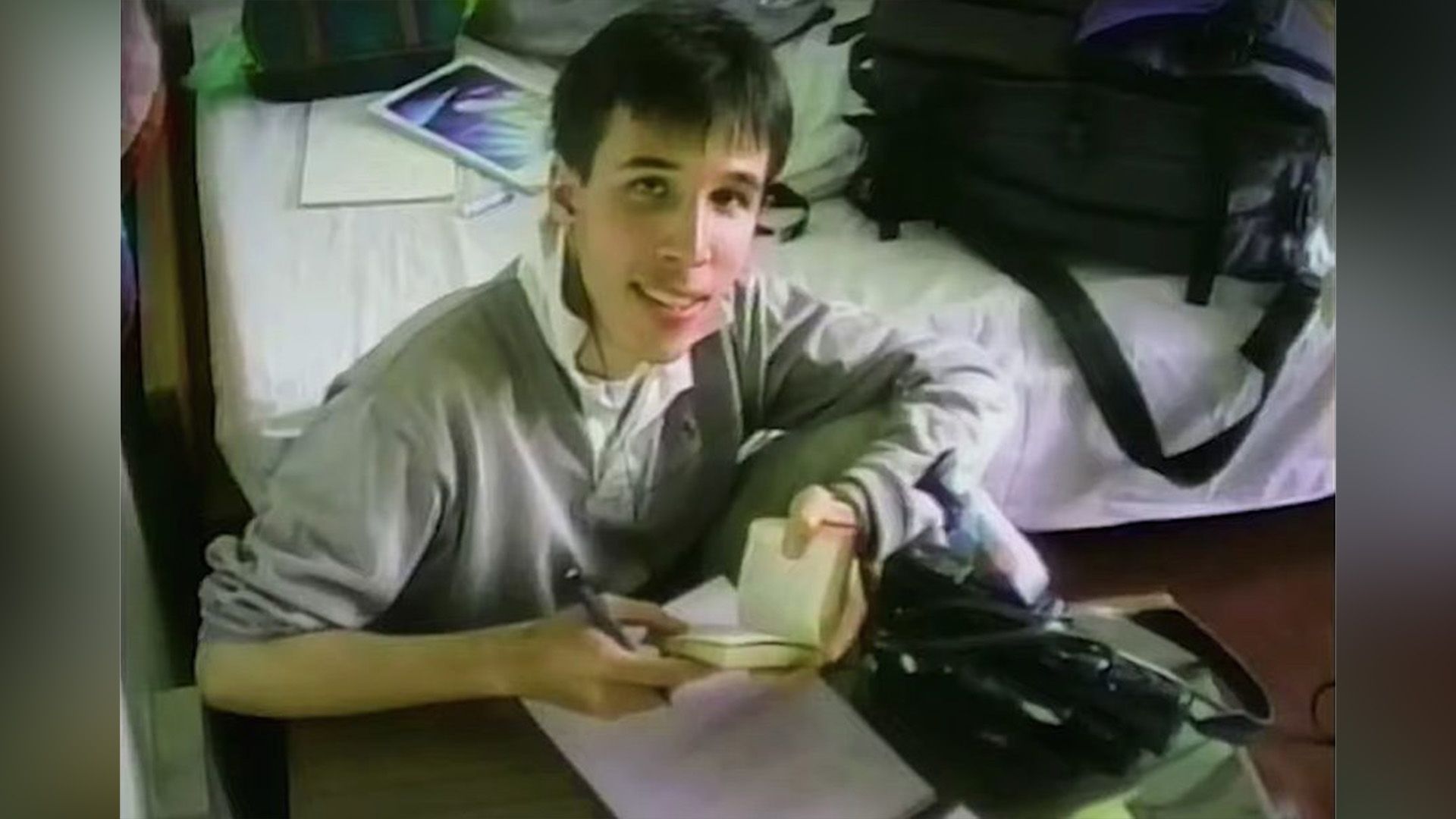
The future director received his secondary education at St. Joseph's Seminary in Trois-Rivières. He then attended college and eventually graduated from the cinema department at the University of Quebec in Montreal.
Career
Villeneuve kicked off his film journey with short films in the early nineties. In the early '90s, he won the youth film competition La Course Europe-Asie from Radio-Canada. The victory gave him access to funding from Canada's National Film Board.But even before filming REW FFWD, Villeneuve headed to the Arctic with Quebec director Pierre Perrault to work on his documentary "The Ice Warrior."
Villeneuve's feature film debut as both director and screenwriter came with the comedy-drama "August 32nd on Earth" in 1998. The film screened at the Cannes Film Festival in the Un Certain Regard section. It became Canada's official submission for the Academy Award for Best Foreign Language Film, though it didn't make it into the Oscar nominations.
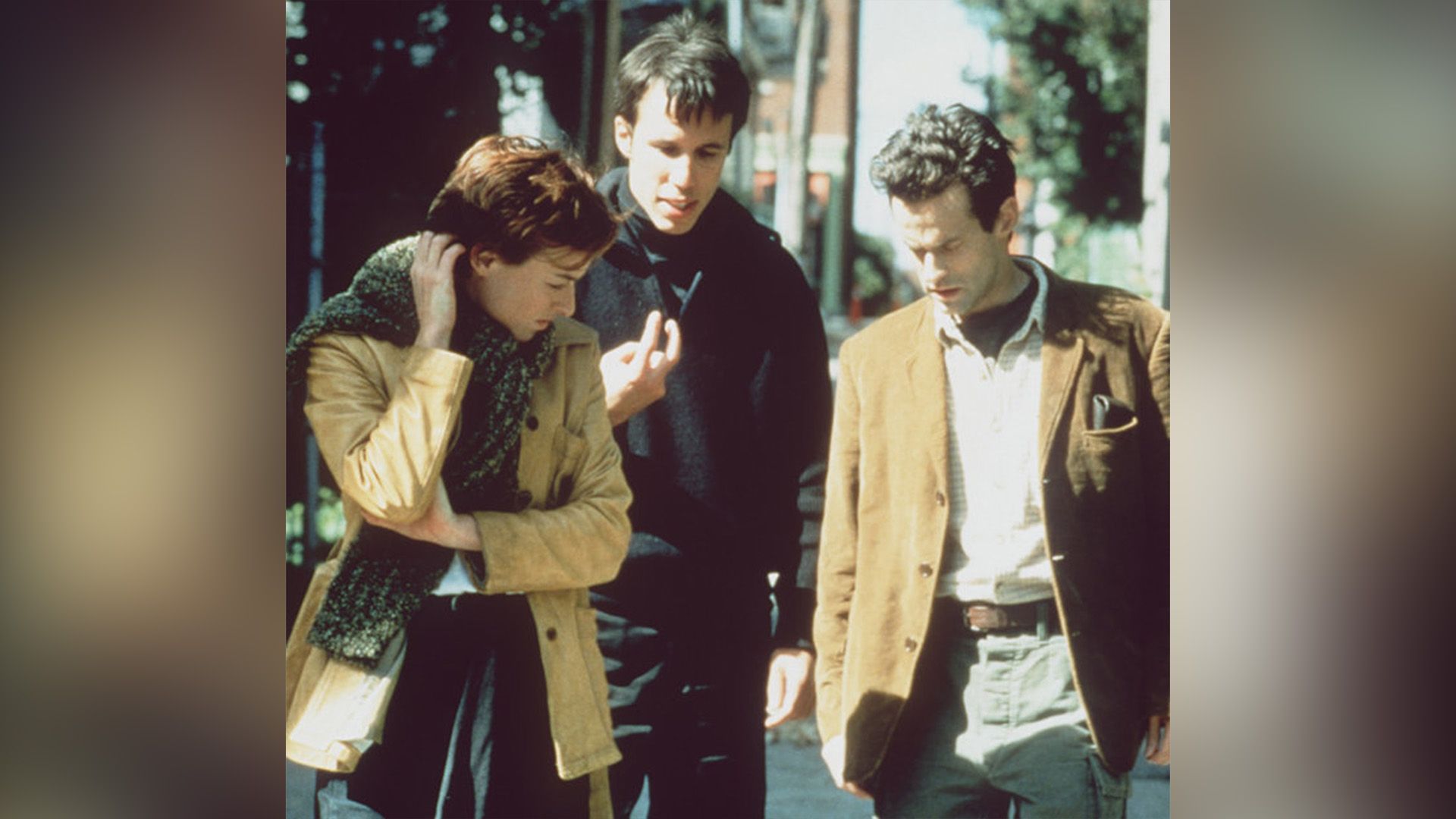
Villeneuve's work as director and screenwriter also earned recognition for "Polytechnique" (2009), based on the tragic 1989 misogynistic mass shooting at Montreal's École Polytechnique.
In 2010, his film "Incendies" was released. Before hitting theaters, the picture had already screened at the Venice and Toronto International Film Festivals. "Incendies" collected numerous awards, and in 2011 the film earned an Oscar nomination for Best Foreign Language Film.
In 2013, audiences saw the director's fifth feature film - the thriller "Prisoners," starring Hugh Jackman and Jake Gyllenhaal.
In 2015, "Sicario" was released. This gripping thriller also competed in the main competition at the Cannes Film Festival. The film received excellent press reviews and landed on numerous year-end best-of lists.
The director's next film - "Arrival" - also collected multiple awards, including the 2016 Oscar for Best Sound Editing. Villeneuve himself was nominated for the prestigious award as Best Director but didn't win. The American Film Institute included this sci-fi film in its top ten "Movies of the Year."
In 2017, audiences got another Villeneuve film with "Blade Runner 2049." The director explained that this movie was a sequel to Ridley Scott's 1982 "Blade Runner," which was itself based on Philip K. Dick's novel "Do Androids Dream of Electric Sheep?"
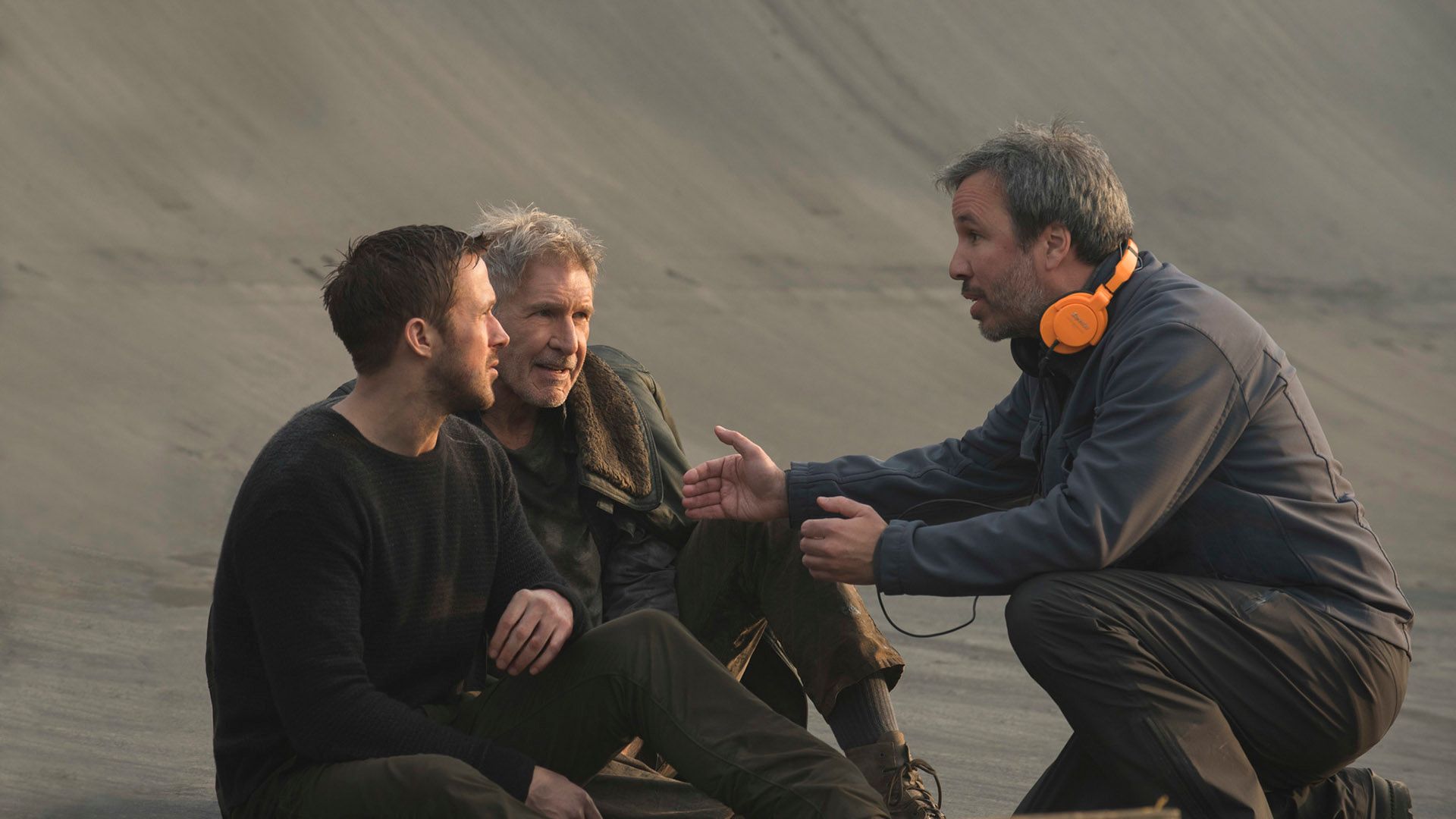
As the director recalled, filming in desert conditions in southern Jordan proved incredibly challenging for everyone involved. Heat was the production's biggest enemy. Villeneuve set himself the task of shooting with natural lighting to create a specific aesthetic, so the entire work schedule depended on the sun's position.
The director admitted he was extremely nervous about working in 104-degree heat, but he couldn't let the crew see him lose control. Villeneuve tried to focus on the process, and when panic crept in, he turned to meditation.
The pandemic threw a wrench into creating the massive film, and the release was pushed back a year. Villeneuve used this time to perfect the project, ensuring the film completely matched his vision.
Directorial Style
Villeneuve's creative journey can be split into two distinct periods. His early work (1998-2010) shows more experimentation and intimacy. In films like "Maelström," the director allowed himself surreal elements, such as a fish narrator, and deeply personal psychological portraits.His Hollywood period (from 2013) demonstrates the director's remarkable ability to adapt his auteur vision to big-budget filmmaking demands. While maintaining philosophical depth and visual sophistication, Villeneuve learned to work with massive budgets and A-list actors without sacrificing artistic integrity.
Villeneuve's visual language builds on contrasts and geometric precision. The director is known for sweeping wide shots that don't just create a sense of scale – they emphasize his characters' isolation and lostness in the world around them. Symmetrical compositions and minimalist frames become metaphors for his heroes' inner states, while frequent aerial shots turn people into tiny figures against endless landscapes.
Villeneuve's color palette leans toward muted, desaturated tones. Grays, yellows, and oranges dominate his thrillers, creating an atmosphere of anxiety and uncertainty, while his strategic use of contrasting color serves as a powerful emotional tool. Light and shadow in his films don't just illuminate space – they become dramatic elements that shape mood and subtext.
Sound design in his work becomes an equal participant in the storytelling. Silence in his films often speaks louder than words, while the musical score weaves organically into the film's overall atmosphere.
Structurally, Villeneuve often turns to non-linear storytelling, creating multilayered plots that demand active viewer participation. Flashbacks and time shifts aren't just stylistic devices – they reflect the subjectivity of human memory and time perception, key themes throughout his work.
Communication – or its impossibility – holds a special place in Villeneuve's filmmaking. His characters often suffer from misunderstanding, linguistic and cultural barriers, which came to brilliant fruition in "Arrival," where the challenge of interspecies communication becomes a metaphor for human relationships as a whole.
Denis Villeneuve's Personal Life
The director's first wife was Canadian actress Masha Grenon. The couple had three children: daughter Salome and sons Sasha and Achilles.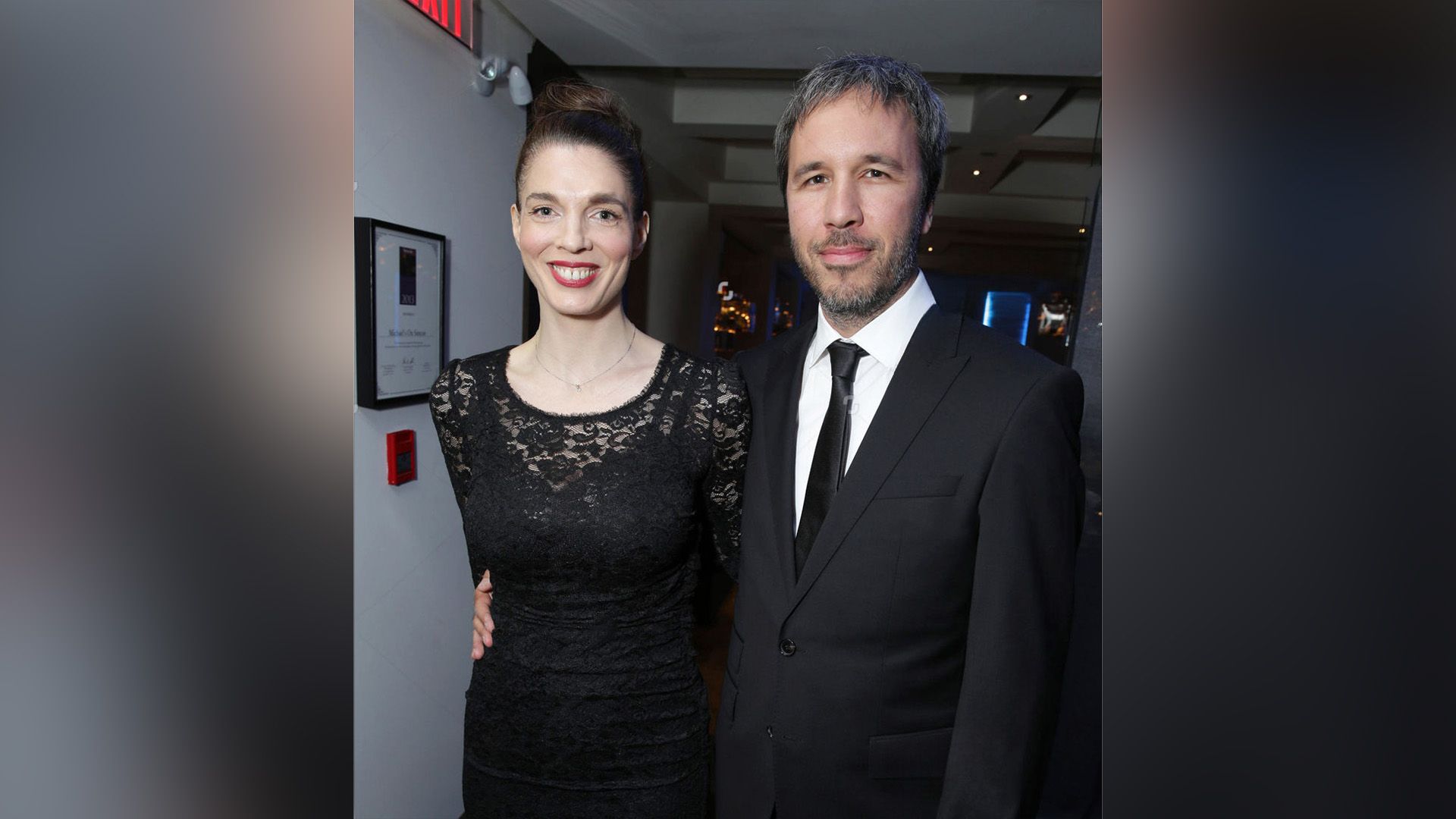
Villeneuve's second wife is Tanya Lapointe, a former journalist who now works as her husband's assistant. They started dating in the mid-2010s and made their first public appearance as a married couple in 2015, where Villeneuve was presenting his film "Sicario."
The director loves spending time at his country house in the forest. He's drawn to silence, so the forest has become a sacred place for him that helps him find inspiration.
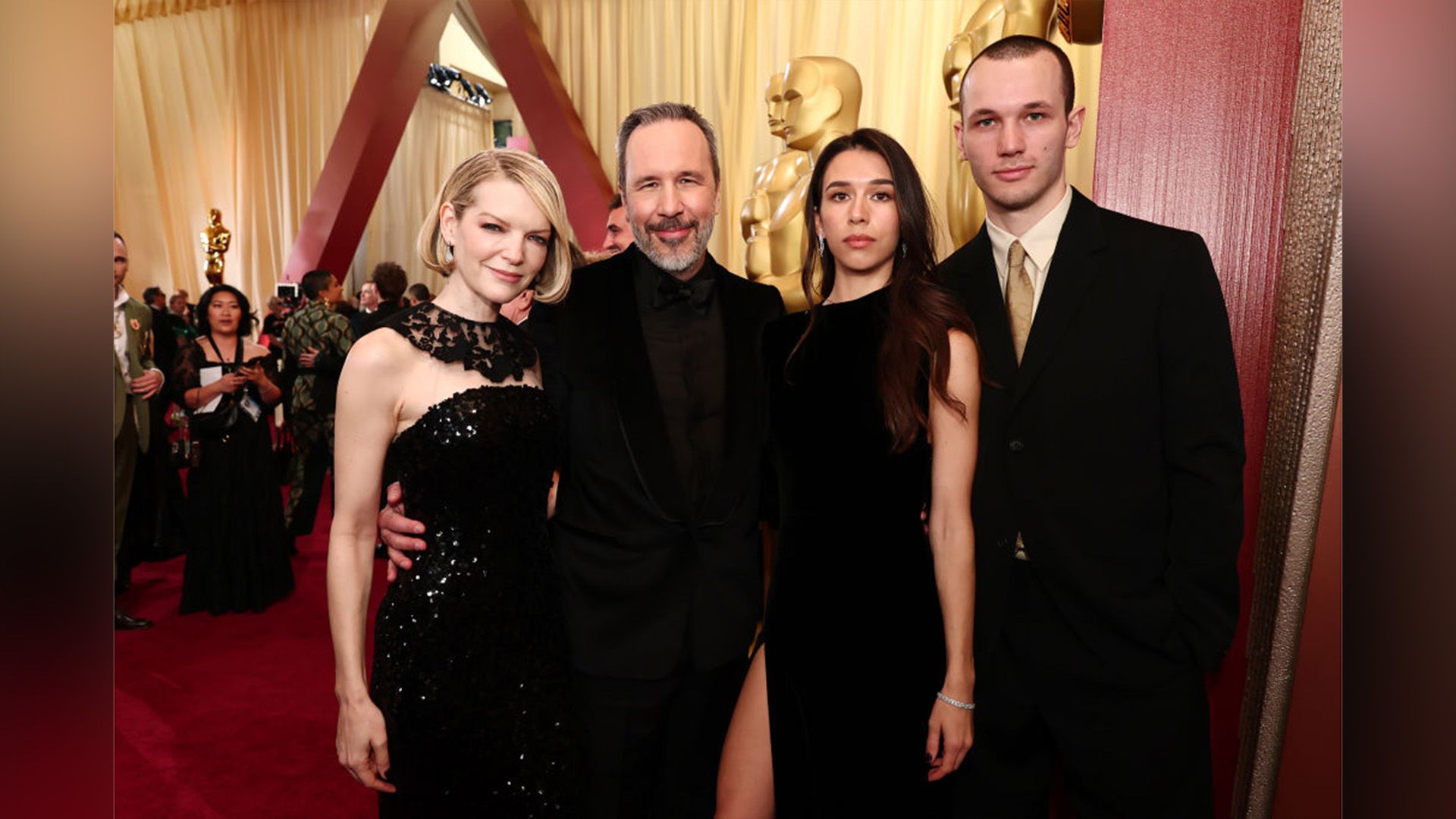
Denis Villeneuve Now
At the end of June 2025, it was announced that Villeneuve will direct a new James Bond film.In July, the director returned to work on "Dune," which he originally envisioned as a trilogy. Filming began in Budapest.
Reports suggest the director has decided to shoot the final part of the saga on film, unlike the two previous parts, which were shot digitally. The film's premiere is expected in late 2026.
Found an error? Select the text and press Ctrl+Enter
Error in the text? Select it — a send button will appear
Publication Details
